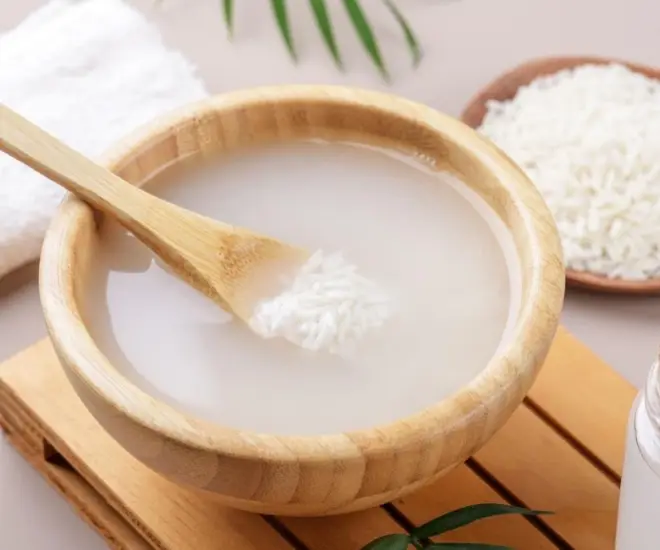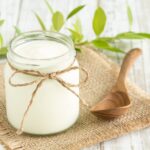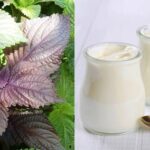Rice water is an effective fertilizer, but with a few simple ingredients, you can create a powerful natural fertilizer that is 10 times stronger.
**1. Brown Sugar**
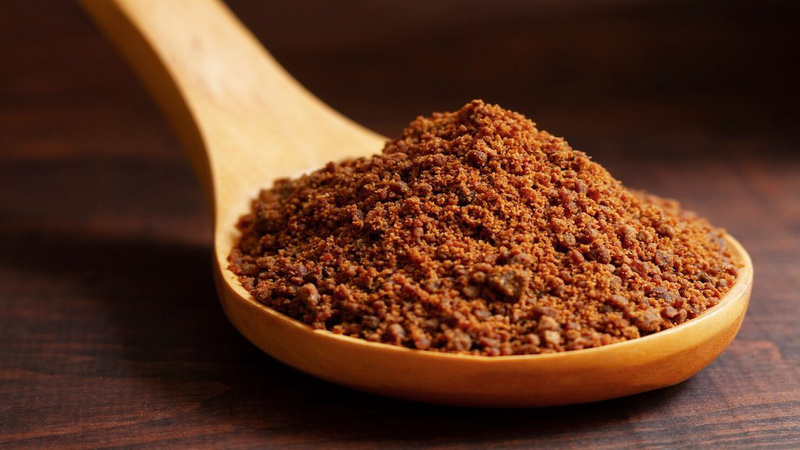
Brown sugar, with its high natural sugar content, not only boosts fermentation but also provides minerals and trace elements for your plants. Simply pour rice water into a 5-liter plastic bottle, filling it to about 80%. Add a small spoonful of brown sugar, shake well, and seal the bottle to begin the fermentation process. Remember to open the bottle every two days to release excess gas. After about 20 days, your fermented solution is ready to use, but be sure to dilute it with water at a ratio of 1:20 before watering your plants.
**2. Dregs (Bã rượu)**
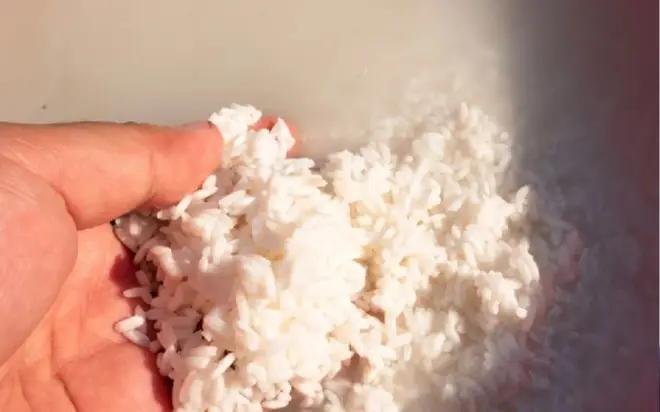
Dregs, the residue left over from brewing alcohol, is an ideal ingredient for composting due to its natural yeast and lactic acid bacteria. When combined with rice water, this mixture not only shortens the fermentation time but also provides a nutritional boost to your plants thanks to its content of crude protein and amino acids. Moreover, compost made with dregs doesn’t have the unpleasant odor often associated with other organic fertilizers; instead, it has a mild, pleasant fragrance reminiscent of rice wine.
To utilize dregs in your rice water fertilizer, mix 30g of dregs into 5 liters of rice water, stir well, and cover. Remember to periodically open the container to release gas. After about 10 days, the mixture will become clearer. At this point, you can strain and dilute it with water at a ratio of 1:20 before watering your plants. The remaining dregs can be further composted or mixed with organic waste to create rich, loamy soil.
**3. Citrus Peels**
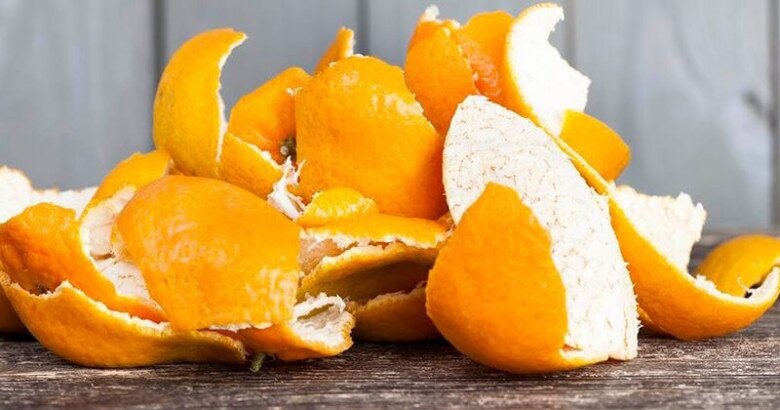
If you’re looking for a way to compost without the unpleasant odor, combining rice water with citrus peels (such as orange, tangerine, grapefruit, lemon, or pineapple) is an excellent choice. During the fermentation process, the essential oils from these peels help neutralize odors and add a mild acidity to the solution, making it ideal for acid-loving plants like orchids, Chinese evergreen, ferns, and gardenias.
Simply add leftover citrus peels to your rice water and seal the container to begin fermentation. After a few weeks, dilute the fermented solution with water at a ratio of 1:20 before watering your plants. This mixture will encourage the growth of lush, vibrant foliage.
**4. Yogurt**
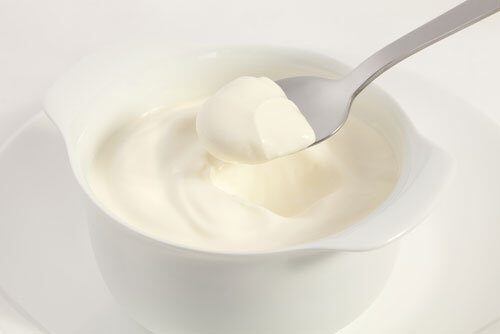
Yogurt, rich in beneficial bacteria like lactobacillus and yeast, can accelerate the fermentation process without causing unpleasant odors. So, if you have yogurt that’s past its expiration date or you’ve finished a cup of yogurt, simply use the leftover water to rinse the container and pour it into your rice water. Seal the container and let it ferment for 10-15 days. After this period, dilute the solution with water at a ratio of 1:10 to 1:20, and use it to water your plants every 15 days.
**5. Beer**

Beer, packed with nutrients like sugar, amino acids, and phosphate, is an excellent addition to rice water fertilizer. Combining beer with rice water not only speeds up fermentation but also enhances the nutritional content of your fertilizer. Use leftover beer or beer bottle rinse water, mixing it with rice water at a 1:1 ratio, then seal the container and place it in a sunny spot to ferment.
In summer, fermentation will take about 10 days, while in autumn or winter, it may take up to 20 days. After fermentation, dilute the mixture with water at a ratio of 1:50 and use it to water your plants every two weeks. This fertilizer is suitable for a variety of ornamental plants, including orchids, soldier course, Chinese evergreen, and gardenias.
**6. Cinnamon Powder**
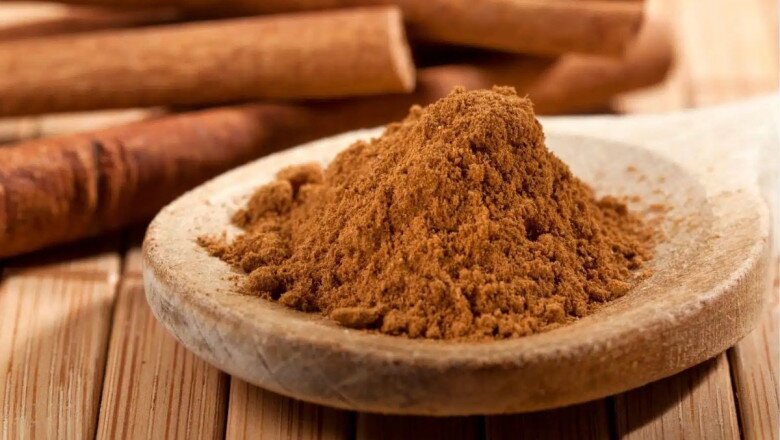
Cinnamon powder, known for its delightful aroma, also possesses antibacterial and antiseptic properties. When added to rice water during fermentation, cinnamon helps prevent the growth of harmful bacteria and insects. To use cinnamon powder, simply mix a spoonful of cinnamon with a small amount of water to form a paste, then add it to your rice water, shake well, and seal the container. After about 20 days, you’ll have a ready-to-use fertilizer without the worry of unpleasant odors or insect pests.
In addition to the ingredients mentioned above, you can also enhance your rice water fertilizer by adding effective microorganisms (EM), egg shell powder, vegetable peel powder, or Chinese herbal residue. These simple, cost-effective, and environmentally friendly recipes will provide your plants with a boost of nutrients and encourage vigorous growth.
























